36 F. high in the Twin Cities on Wednesday.
32 F. average high on December 2.
22 F. high on December 2, 2014.
December 3, 1998: Albert Lea soars to a record-setting 67 degrees.
What December? Back to the 40sMid-month rain
Welcome
to the dark days of December. All those twinking holiday lights are a
gift from 18th century Germany, when locals celebrated Christmas by
lighting candles on their trees to lift spirits.
Frankly we could
use a few wintry reminders. Open water on our lakes, shrinking piles of
slush on green lawns, temperatures 15 degrees warmer than average? So
far our "winter" is about as flat as a tasteless diet cola.
November
was the 6th wettest and 4th warmest on record, a far cry from last
year, when we didn't have a strong El Nino signal in the Pacific
blasting mild air across the USA.
A mild bias continues into next
week with a streak of 40s, in spite of patchy stratus and fog, which
may be slow to burn off, the result of a low sun angle. "What time will
the fog burn off?" Sounds more like San Diego than the Twin
Cities.
No more sloppy snows, however pathetic, are brewing
anytime soon; the atmosphere warm enough for rain one week from
Saturday.
Models hint at a much colder front the 3rd week of December. The last half of the month will be cold enough for snow.
In theory.
Totals from Monday's Storm.
Although at the low end of the prediction scale across much of central
and eastern Minnesota, the forecast verified over southwest counties,
where amounts were in the 6-10" range. Temperatures close to freezing
coupled with ground temperatures at or above freezing resulted in
considerable melting on contact, keeping snowfall amounts down. Source:
NOAA.
In Search of December.
Highs should reach the mid to upper 30s today with a better chance of
glimpsing the sun. Even with patchy clouds and fog (the result of rapid
snow melt and chilly nighttime lows) there may be a strong enough
southerly breeze for highs topping 40F from tomorrow into next week.
European guidance is hinting at upper 40s to near 50F by the end of next
week. No, it won't snow anytime soon.
10-Day Accumulated Snowfall.
Not much snow predicted for the lower 48 states through the end of next
week, with the exception of the Rockies and northern New England.
There's simply too much mild air for a major snowstorm anytime soon. GFS
data: NOAA and AerisWeather.
Pattern Shift mid-December?
The 2 week 500 mb wind forecast (GFS) shows colder air pushing south
after December 14 or 15; not frigid or polar, but the northern tier
states will be cold enough for snow by the third week of December. Will
there be enough moisture available for a legitimate storm? Too early to
tell. If we do see a white Christmas it will be by the skin of our
teeth. Source: GrADS:COLA/IGES.
December is Going to be Toasty; Really Toasty. Thank you El Nino, superimposed on the larger, slow-motion warming trend we're witnessing worldwide. Here's an excerpt at
WXshift: "
Forget
a white fir or Norway spruce for your Christmas tree. A palm tree might
be a more apt as warm weather is forecast for a large part of the U.S.
to start December. Every state will see increased odds for
warmer-than-normal temperatures over the first two weeks of December,
according to the National Weather Service. And yes, Canada will be
getting in on the action, too, according to Environment Canada. In the
Northeast and Upper Midwest, there’s an 80 percent chance conditions
will be warmer than normal during the second week of December..."
After Soggy El Nino, Beware the "Diva of Drought".
Will we flip from El Nino to La Nina, increasing the potential for a
2016 drought from California to the Plains? Here's an excerpt from
eenews.net: "...
Moreover,
some recent research suggests the lingering effects of a La Niña
pattern -- what one meteorologist called a La Niña "hangover" --
contributed to the severity of the current drought. All of this leads
some meteorologists to suggest that even if El Niño produces monster
storms where California needs them most, the state will likely remain in
a drought and will be facing challenging forecasts in the coming years.
"By winter 2016-2017, the El Niño will return to normal conditions, if
not La Niña conditions," said Paul Ullrich, a climate modeler at the
University of California, Davis. "In that case, we predict below-average
rainfall. So, unless this year is very dramatic -- meaning twice
average -- it's going to be very hard to erase our rain dent..." (Image credit: NOAA NESDIS).
A Tale of Two Hurricane Seasons: Atlantic vs. Pacific.
It's remarkable (at least to me) that two ocean bodies could be so
different, in terms of nurturing hurricanes, in the same season. Here's a
snippet from
WXshift: "...
While
the Atlantic was relatively sleepy this season, the East Pacific was
downright hyper. There were 18 named storms to form in the East Pacific
this year, of which 13 became hurricanes and a record-breaking 11 became
major hurricanes. The previous record for major hurricanes for the
basin was 10 in 1992. (An average East Pacific season has 15 named
storms, 8 hurricanes and 3 major hurricanes.) This season’s ACE was
second only to that from the 1992 season (288 compared to 292),
according to Klotzbach. The East Pacific saw two other impressive
records: In late August, three Category 4 storms (Kilo, Ignacio and
Jimena) spanned the basin, the first time that has ever happened in any
ocean basin..."
Animation credit above: "
Hurricane Joaquin as it strengthened to a Category 4 storm over the Bahamas." Credit:
NOAA.
Below-Normal Atlantic Hurricane Season Ends; Active Eastern and Central Pacific Seasons Shatter Records.
All or nothing when it came to hurricanes in 2015; the apathy-factor
continues to increase, especially in Florida. Here's an excerpt of a
NOAA update: "
The
Atlantic, eastern and central Pacific hurricane seasons officially
ended yesterday, and as predicted, the Atlantic season stayed below
normal with 11 named storms, while the eastern and central Pacific were
above normal with both regions shattering all-time records. Overall, the
Atlantic hurricane season produced 11 named storms, including four
hurricanes (Danny, Fred, Joaquin and Kate), two of which, Danny and
Joaquin, became major hurricanes. Although no hurricanes made landfall
in the United States this year, two tropical storms – Ana and Bill –
struck the northeastern coast of South Carolina and Texas, respectively.
Ana caused minor wind damage, beach erosion and one direct death in
North Carolina, and Bill produced heavy rain and flooding while it moved
across eastern Texas and Oklahoma. Hurricane Joaquin is the first
Category 4 hurricane since 1866 to impact the Bahamas during the month
of October..."
Map credit: "
The 2015 Atlantic hurricane season ended with a below-normal 11 named storms, four of which became hurricanes". (Credit: NOAA).
Social Media a Blessing - and a Curse - for Meteorologists.
Amen to that. The democratization of information (and weather models)
via social media has made it easier to share cat videos and snowfall
pics, but it has added to the noise, chaos and confusion. Here's are a
few excerpts from meteorologist Scott Sistek at
KOMO News in Seattle: "...
Then
as social media came along, people could share those maps directly with
their friends. And as forecast models have advanced, they have become
somewhat simpler to read. All of a sudden, meteorologists have lost sole
possession of the megaphone. Now there are thousands of
megaphones....People are sharing forecasts directly with each other -
you don't have to wait for the 5 p.m. newscast anymore (although we
certainly encourage you to do so...It's an adjustment for those of us in
the business that now we have to react to events sooner, and face the
challenge of communicating effectively through the clamor of all the
other megaphones that, yes, that model 5 days out might show some snow
around here, but maybe it's the only one? Maybe it's the outlier?..."
Oil Glut: How to Tell When It's Really Time to Worry. Supplies of fossil fuels continue to rise while demand drops over time, due to a myriad of factors. Here's an excerpt at
The Wall Street Journal: "...
There
is now so much crude oil being pumped world-wide amid such tepid demand
that producers are fretting over the possibility of a further sharp
downward move in prices. The 93 million barrel question is how much more
space there is to put it all and whether storage will be exhausted
before the market is balanced. Were that to happen, it could cause the
oil-price rout to grow even uglier. For now, that prospect looks to
still be a ways off even if the Organization of the Petroleum Exporting
Countries, which meets this week, fails to curb output. Yes, inventories
are at unheard of levels..."
Photo credit above: "
Oil tankers during loading operations at the Aspropyrgos refinery in Athens last June.". Photo: Simon Dawson/Bloomberg News.
Can Christmas Lights Really Slow Your Wi-Fi? NBC News has the unlikely story: "Expecting
a new iPad Pro under the tree? Before you start streaming holiday
classics on Netflix, you should know that your Christmas lights could be
slowing down your Wi-Fi signal. On Tuesday, British telecom regulator
Ofcom released a Wi-Fi checker app (available for Android and iOS) for judging the speed of their connection. It also noted a few things that can slow wireless Internet, including TV monitors, stereo speakers, and Christmas lights..."
Saudi Arabia To Build World's Tallest Tower, Reaching 1 km into the Sky. Take that Dubai. Here's an excerpt from
CNN: "
Dubai, long champion of all things biggest, longest and most expensive, will soon have some competition from neighboring Saudi Arabia. Dubai's iconic Burj Khalifa, the world's tallest building, could be stripped of its Guinness
title if Saudi Arabia succeeds in its plans to construct the even
larger Jeddah Tower -- a prospect looking more likely as funds for the
$1.23 billion project have been secured..."
The Brand Name You'll Never Forget.
Reminds me of the Chevy "Nova". Nova, in Spanish, means "won't go",
which may not leave the best impression in a motor vehicle. Here's an
excerpt from the
BBC: "...
Then
again you might prefer a bag of the Chinese snack Only Pukeet washed
down with a bottle of Pee Cola from Ghana? And don't forget a pack of
the Swedish toilet paper, Krapp, and a box of Barf detergent from Iran.
You could always store it in a Bol-lock zippable plastic bag..."
TODAY: Peeks of sun, milder. Winds: SW 5-10. High: 37
THURSDAY NIGHT: Patchy clouds and fog. Low: 22
FRIDAY: Fog early, then a few sunny breaks. Winds: S 8-13. High: 41
SATURDAY: Mild breeze. Typical for November with some peeks of sun. Winds: S 10-20. Wake-up: 30. High: 43
SUNDAY: Mix of clouds and sun, still boring. Winds: W 5-10. Wake-up: 29. High: 41
MONDAY: Intervals of sun. Santa not happy. Wake-up: 29. High: 44
TUESDAY: Partly sunny, not much snow left. Wake-up: 29. High: 41
WEDNESDAY: Clouds increase, jacket weather. Wake-up: 31. High: 47
Climate Stories...
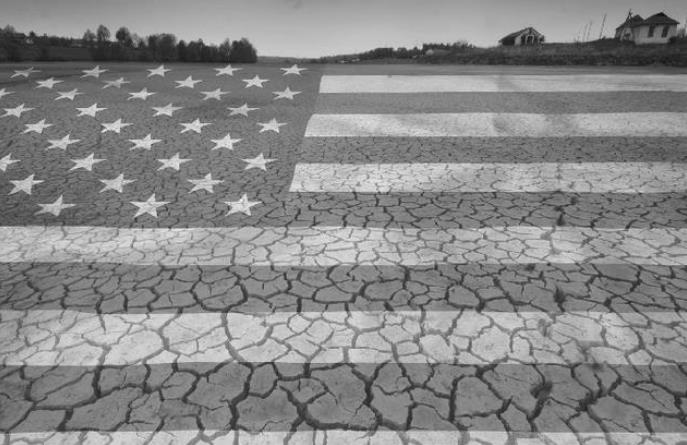 Chuck Hagel: Climate Change is a National Security Problem.
Chuck Hagel: Climate Change is a National Security Problem. It's
a "threat multiplier", magnifying and accelerating problems that might
have popped up organically, but making them worse - faster. Here's an
excerpt at
TIME: "...
This
is why, along with a bipartisan group of other former Secretaries of
Defense and State and national security leaders, I recently signed a statement urging global cooperation on climate change.
The statement said we must work to address these threats as a national
security imperative. The military has defined climate change as a global
threat multiplier that could exacerbate instigators of conflict such as
resource disputes, ethnic tensions and economic discontent. Preparing
for climate change is about risk—even if we do not understand every
aspect of the scientific predictions, we know that the consequences of
not acting may be significant..."
The Marshall Islands are Disappearing.
The New York Times reports on rising sea levels and the implications for the world's island nations; here's a clip: "...
In
the global fight over climate change, leaders of vulnerable low-lying
island nations have long sought to draw attention to their plight. They
have staged symbolic events like an underwater cabinet meeting, gone on
hunger strikes and delivered anguished speeches to the United Nations.
Those efforts have had little impact on the substance of the energy and
economic policies that dictate governmental response to climate change.
In the meantime, Mr. Anej and millions like him cope with the fallout
while stranded on disappearing shores. “I’m the oldest — I can’t leave
my parents,” he said. “But I don’t want my kids to drown here...”
What Can a Technologist Do About Climate Change (A Personal View). Bret Victor at
worrydream.com
has a long, dense and excellent overview of the technical challenge.
It's an engineering problem like none other we've ever faced; here's an
excerpt that caught my eye: "..
.In order to stop dumping carbon
dioxide into the sky, the world will have to generate its energy
“cleanly”. For the purposes of this essay, that will mean mostly via
solar and wind, although geothermal, hydroelectric, biomass, and nuclear
will all have parts to play. This is well-known, but the scale and rate
of change required is often unappreciated. Saul Griffith has a good bit about this, suggesting that what’s needed is not throwing up a few solar panels, but a major industrial shift comparable to retooling for World War II. In 1940 through 1942, U.S. war-related industrial production tripled each year. That’s over twice as fast as Moore’s law..."
Global Warming Can Lead to Economic Development.
Strengthening infrastructure, making everything we do more resilient,
will ultimately be good for the economy. Here's an excerpt at
TheHill: "..
.Global
warming is and will continue to cause more volatile weather. Rain and
snowstorms will be more intense and droughts more severe. We already
have evidence of this, especially in California. An infrastructure bill
can provide for reservoirs, which store water from severe storms for use
during droughts. These same reservoirs can provide wildlife habitat and
recreational opportunity for boating. Similarly an infrastructure bill
can provide for levees and wetlands along rivers, which protect from
overflows during heavy rains, supply areas to recharge groundwater
aquifers and make available habitat and recreational opportunities.
Smart water meters and smart water delivery systems are examples of
technological innovations being implemented in a few cities, San
Francisco being the best example..."
What You Can Do About Climate Change. Here's an excerpt of some good advice at
The New York Times: "...
But
as bad as flying can be, driving can be even worse. A cross-country
road trip creates more carbon emissions than a plane seat. And while a
hybrid or electric car will save on gas mileage, most electricity in the
United States still comes from fossil fuels.
If you really want to mind your carbon emissions, taking a train or a
bus is best, especially for shorter trips. Or try that Internet thing: A
Skype call or Google Hangout produces very little carbon dioxide..."
Commentary: Conservatives Need to "Hit The Reset Button". Sounds like a pretty sound idea to me.
Midwest Energy News has the Op-Ed; here's the intro: "
Ronald
Reagan said “What is a conservative, after all, but one who conserves.”
He said it was our “great moral responsibility” to leave the earth to
our children as we found it, or better than we found it. As both a
conservative and the father of two young children, I agree. We have a
responsibility rooted in faith, economic realities, and the principles
of good government to be stewards of this earth, so that it may continue
to provide a strong quality of life for future generations. Stewardship
is, in fact, a tenet of our Republican philosophy..."
Editorial: Lawmaker Fights Science with Intimidation. Joseph McCarthy would be proud. Here's an excerpt of an Op-Ed from the
Des Moines Register Editorial Board: "...
But
now Smith has ratcheted up his war on science. He is now using — or,
rather, abusing — his power as committee chairman not just to cut off
funding that’s necessary to conduct climate-change research, but to
go after the scientists themselves. His committee recently subpoenaed
the scientists at the National Oceanic and Atmospheric Administration,
demanding that they turn over all internal e-mails related to their
research on climate change. It seems Smith doesn’t like their recent
findings that global warming is continuing to occur and has not paused
or plateaued, as suggested by other research that conforms to Smith’s
view of things. The congressman is waging this crusade as global leaders
in Paris work to create legally binding reductions in greenhouse gas
emissions..."
File photo: AP Photo/Drew Angerer.
"A Crime Against Humanity of Extraordinary Proportions" The author of a story at
Slate argues that Indonesia's fires are an environmental catastrophe and a climate change nightmare; here's an excerpt: "...
Indonesia’s
ongoing fires, the worst in its history, have been raging for the past
six months, with no sign of relenting. They’ve pushed air quality to
unprecedented unhealthy levels in neighboring Singapore and Malaysia,
while smoke has forced some schools to close, airlines to delay and
cancel flights, and has left more than half a million Indonesians
suffering from respiratory ailments. Indonesia’s Meteorology,
Climatology and Geophysics Agency called them a “crime against humanity of extraordinary proportions.”
These fires are particularly harmful to the environment since they are
peat fires, which emit up to 10 times more greenhouse gases in the form
of methane gas than fires on other land. NASA satellites have detected more than 117,000 individual fires this year alone..." (Photo:
NBC News).
James Hansen, Climate Scientist Turned Activist, Criticizes Paris Talks.
The New York Times reports; here's the intro to the story: "
James
E. Hansen, the retired NASA climate scientist, issued a stark warning
Wednesday that the deal being negotiated here was nowhere close to what
was needed to avert dangerous levels of global warming. “This is
half-assed and it’s half-baked,” Dr. Hansen said in a public forum on
the sidelines of the conference. He said that the deal, praised by world
leaders including President Obama, would allow emissions to continue to
increase — until 2030, in the case of China — when what was needed is
an immediate and rapid reduction..."
President Obama Wants Parts of the Climate Deal to be Legally Binding.
VICE News reports; here's an excerpt: "...
In
other words: Targets for cutting emissions shouldn't be binding, but
keeping track of nations' progress on their commitments should be.
Obama appears to be maneuvering between international demands and
domestic political constraints. On one hand, European countries and
low-lying Pacific island nations threatened by climate change have
called for a legally binding treaty. On the other hand, the
Republican-controlled Congress has actively sought to undermine any
effort on the part of the administration to become party to an
international climate pact..."
Stop Blaming India and China for the West's 300 Years of Destroying the Environment.
Quartz has the story - here's an excerpt: "...
The dangers of global warming have been known—even to oil company executives—since at least the early 1980s. Yet, despite 25 years of the United Nations-led climate talks, the world is burning more fossil fuels than ever.
This is not simply the fault of big emerging economies such as China,
India, or Brazil. Instead, what we are dealing with is the fundamental
failure of neoliberal capitalism, the world’s dominant economic system,
to confront its hunger for exponential growth that is only made possible
by the unique energy density of fossil fuels such as coal, oil and gas.."
Could Paris Climate Talks Spell the End for Coal? Here's a clip from
CNBC: "...
Fossil
fuels – those that derive from the fossils of once-living organisms,
including coal, oil and natural gas – produce high percentages of
carbon, contributing to carbon dioxide (CO2) emissions, which are viewed
as a large factor behind climate change. The United Nations-backed
Intergovernmental Panel and Climate Change has called for the
unrestricted use of fossil fuels to be ended by 2100. Of the fossil
fuels, coal is by far the biggest culprit – the burning of coal
contributes to a staggering 90 percent of all emissions from fuel
combustion in China, the U.S., the European Union and India, according
to data from investment firm Bernstein..."
600 Fake Outdoor Ads in Paris Blast Corporate Sponsors of the COP21 Climate Talks.
Adweek has the story: "
Couldn't make it to Dismaland before its rapid shut-down? That's OK. There's always Paris. Just in time for the COP21 Climate Conference, an organization called Brandalism has
hijacked over 600 outdoor ad spaces in the city, replacing them with
climate change-related art ... and what, at first glance, look like
ordinary ads for brands like Total, Air France, Dow Chemicals, GDF Suez
and Volkswagen. The difference is, these ads reveal unpleasant truths..."
Evangelicals Make Environmental Issues About "Caring for God's Creation".
Roll Call has the story - focused on how stewardship, faith and responsibility are part of the climate equation; here's a clip: "
The
Evangelical Environmental Network is just what it sounds like: a
ministry of evangelicals, mostly Republicans, who believe climate change
is dangerous and worth fighting. “I’m a Republican, and our
organization is designed to reach out to evangelicals who are, by and
large, conservative politically as well,” Rev. Mitchell Hescox,
president of EEN told CQ Roll Call last week. “What we want to do,” he
said, is help Republicans see “that caring for God’s creation is a value
set that they should care about...”
Photo credit above: "
The Evangelical Environmental Network encourage Kirk to vote against a measure to kill Obama’s clean power plan." (Bill Clark/CQ Roll Call File Photo).
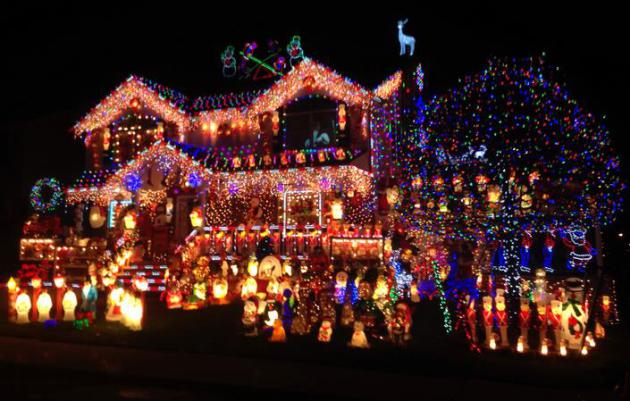
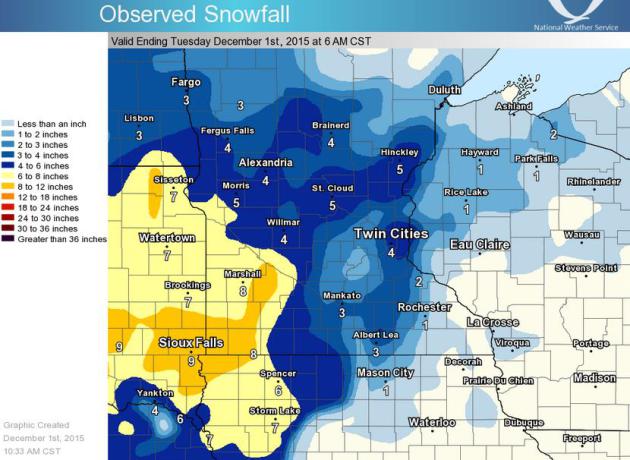
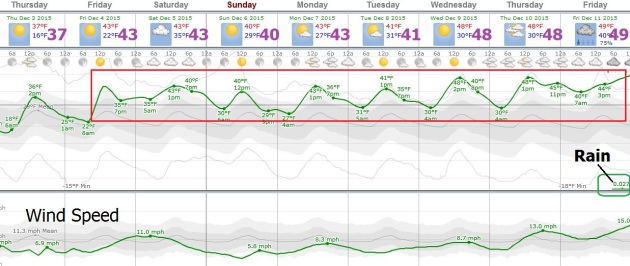
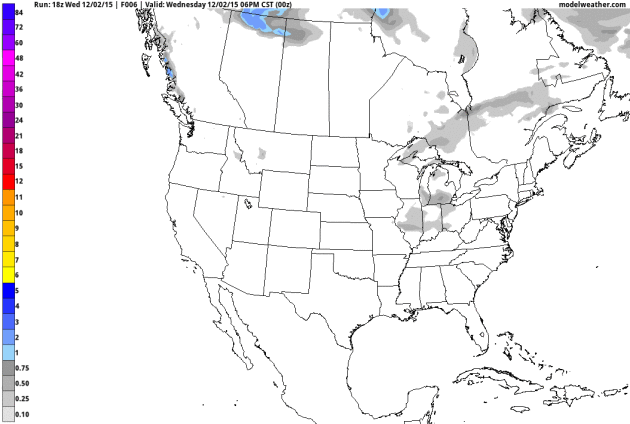
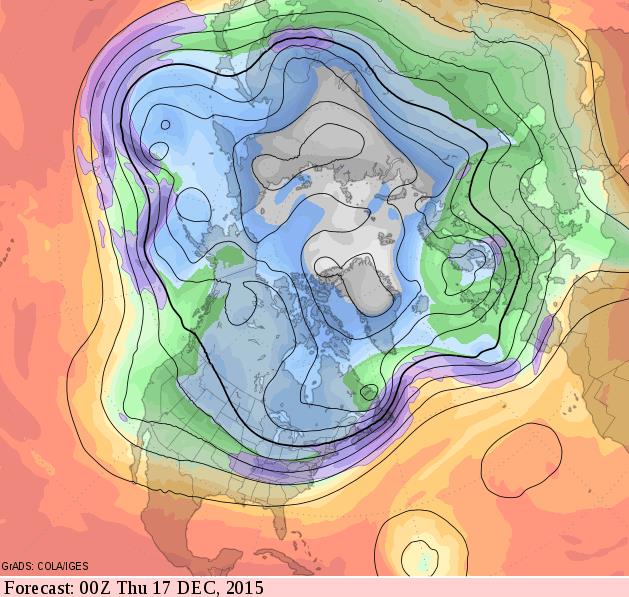
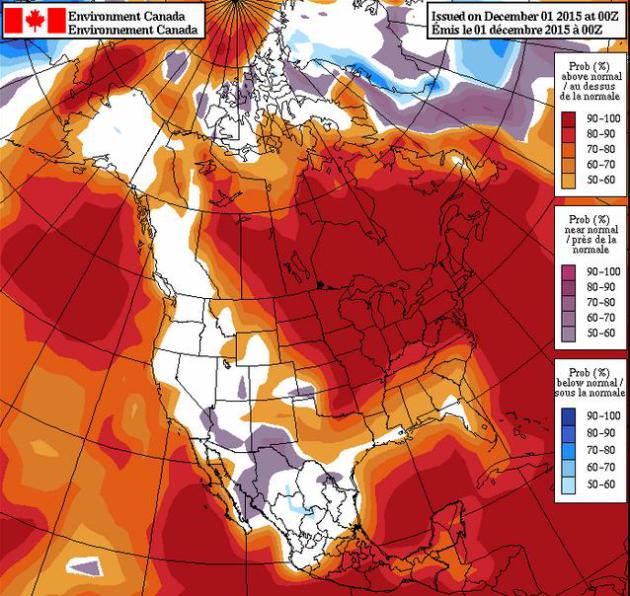
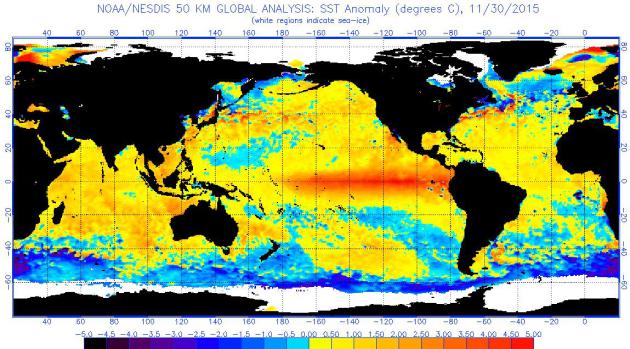
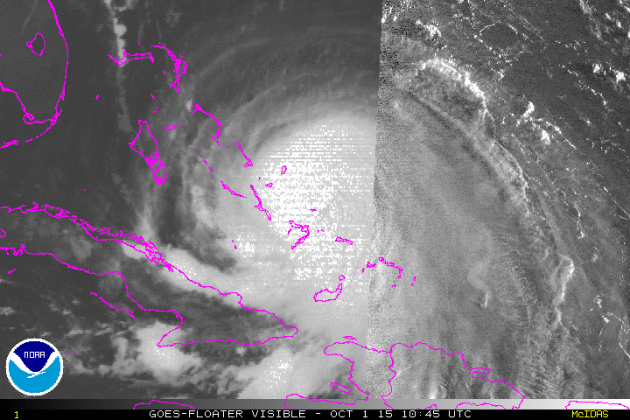
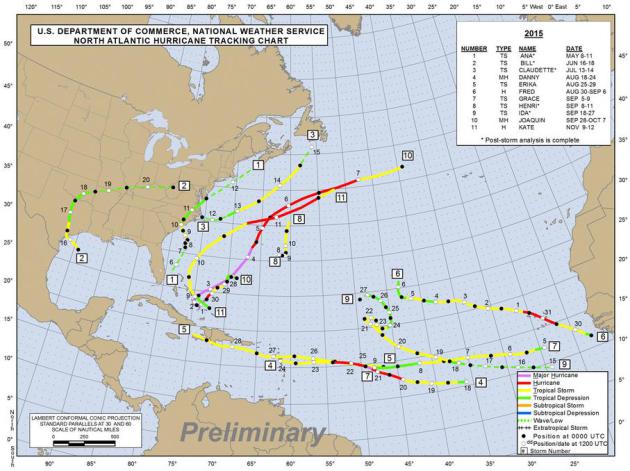
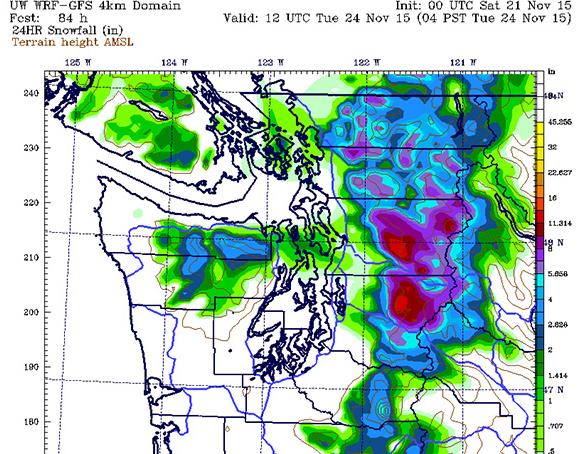
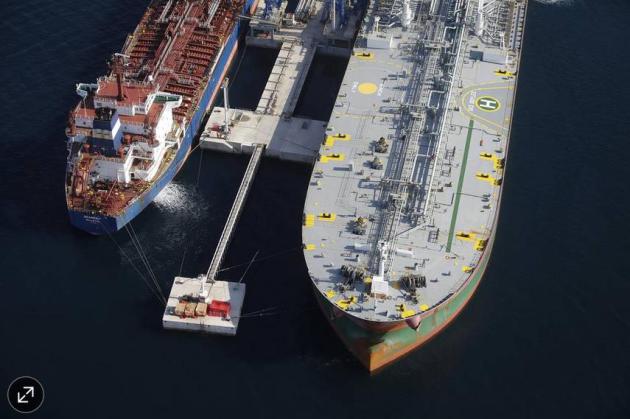


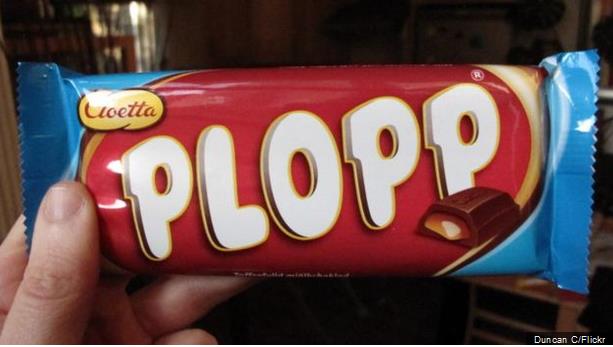
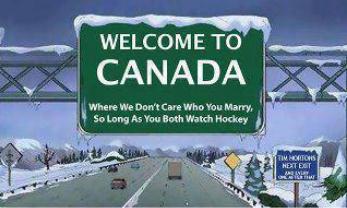


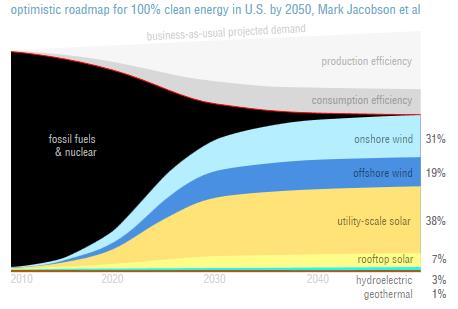
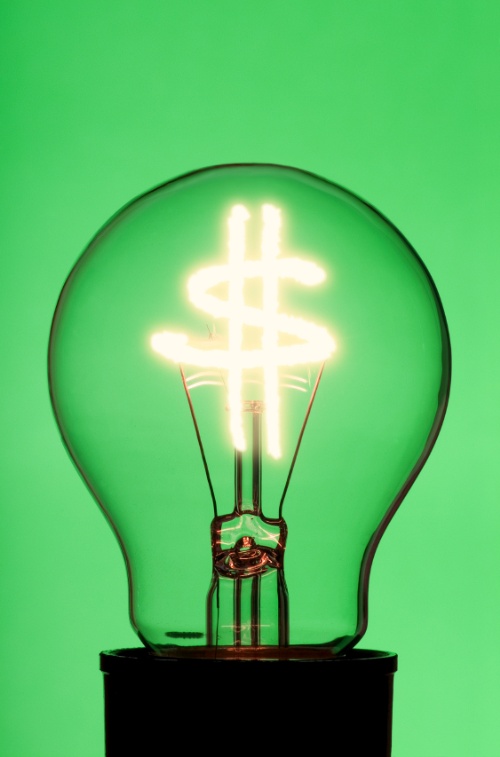
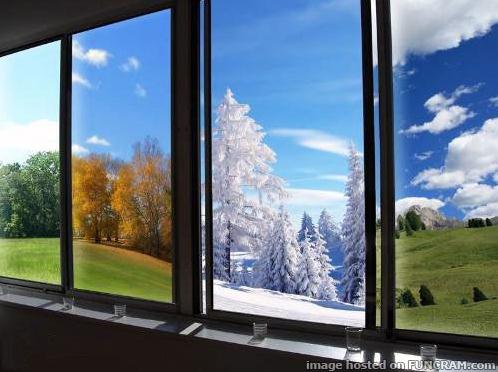

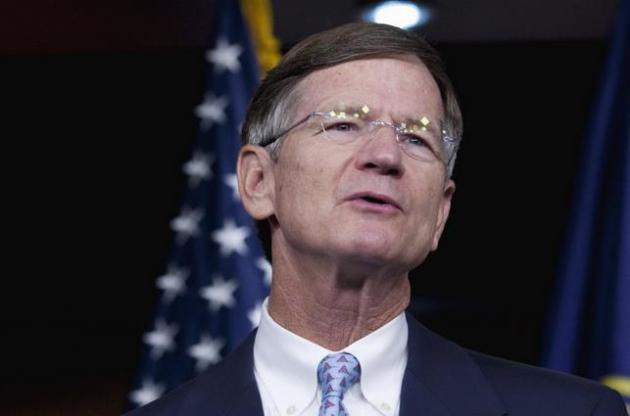
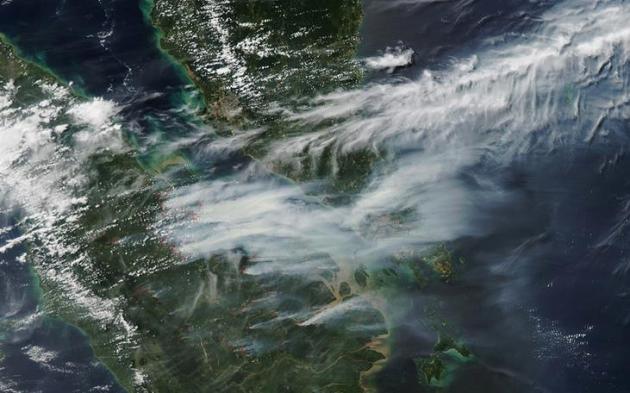
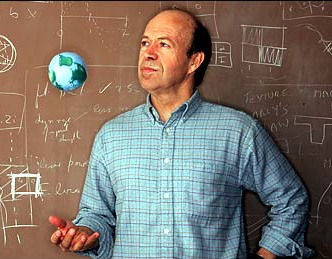
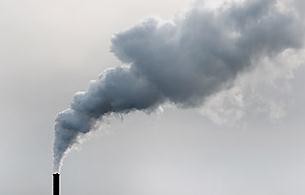
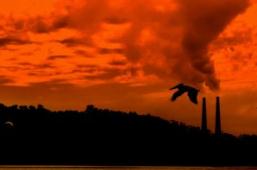
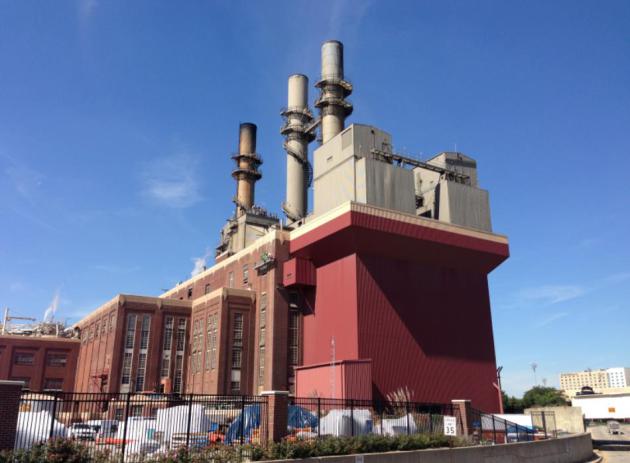
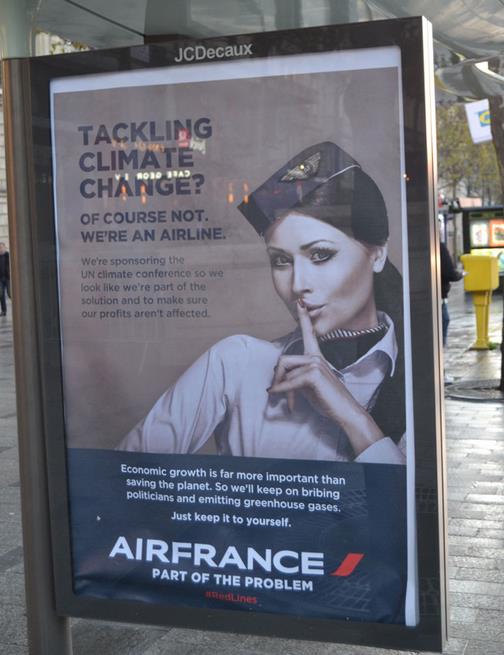
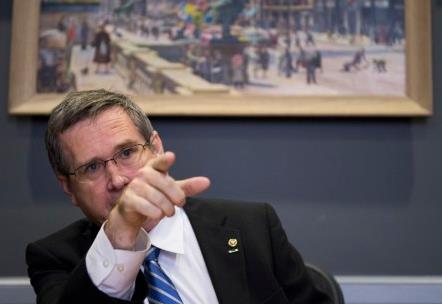
No comments:
Post a Comment